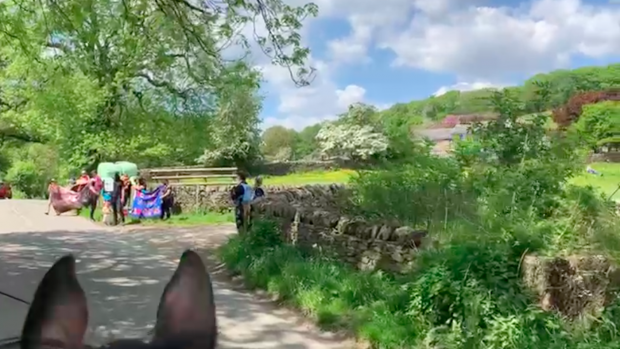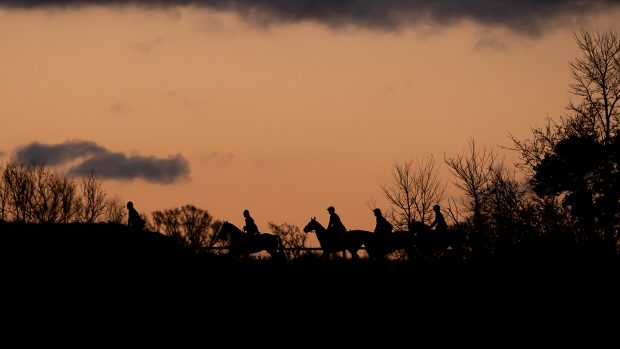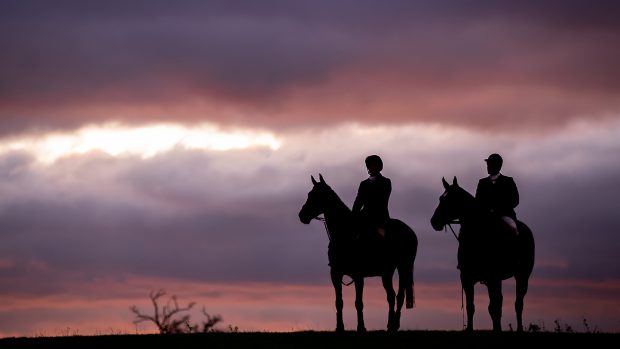Video surveillance of hunts by “hunt monitors” breaks human rights legislation, a judged has ruled.
The judge was presiding over a pre-trial review last month in a case that cannot yet be reported.
He ruled that the Regulation of Investigatory Powers Act (RIPA), which allows police and local authorities to use undercover filming, also applies to anti-hunting groups.
Lawyer Jamie Foster, who is involved in the case, said this means antis must apply to the police for permission for any covert filming.
He said: “It had been assumed that the act only applied to councils or the police, but the judge ruled that covert filming by the League Against Cruel Sports [LACS] or International Fund for Animal Welfare must be licensed or it breaks article eight of the Human Rights Act — the right to privacy.”
He added that for permission to be granted the groups would have to prove filming was “necessary and proportionate”.
Tony Wright of the Exmoor hunt was the first huntsman in the country to be convicted under the Hunting Act. He was later acquitted.
He told H&H it was “about time” monitors were made to follow the rules.
He said: “I asked the police at the time what their view would be if I decided to follow one of their officers around all day filming what they were doing [like the antis did me]. They said they would take a very dim view of that.”
Countryside Alliance spokesman Tim Bonner told H&H: “We have written to chief constables across the UK raising this issue. They cannot continue to use illegal video evidence in prosecutions under the Hunting Act.
“This is very bad news for IFAW and LACS — they claim the Hunting Act works and they can uphold it with covert surveillance, but this ruling takes away the final part of their anti-hunting strategy.”
LACS spokesman Louise Robertson said: “It is our clear understanding, based on legal advice, that the activities of hunt observers such as those working for the League are not covered by RIPA as only public bodies are in fact covered by the act.
“If this were the case it would apply to initiatives like Neighbourhood Watch and effectively end the public assisting police in crime prevention.”
The Association of Chief Police Officers (ACPO) has asked for guidance on the subject from the Crown Prosecution Service.
This article was first published in Horse & Hound (7 January, 10)



